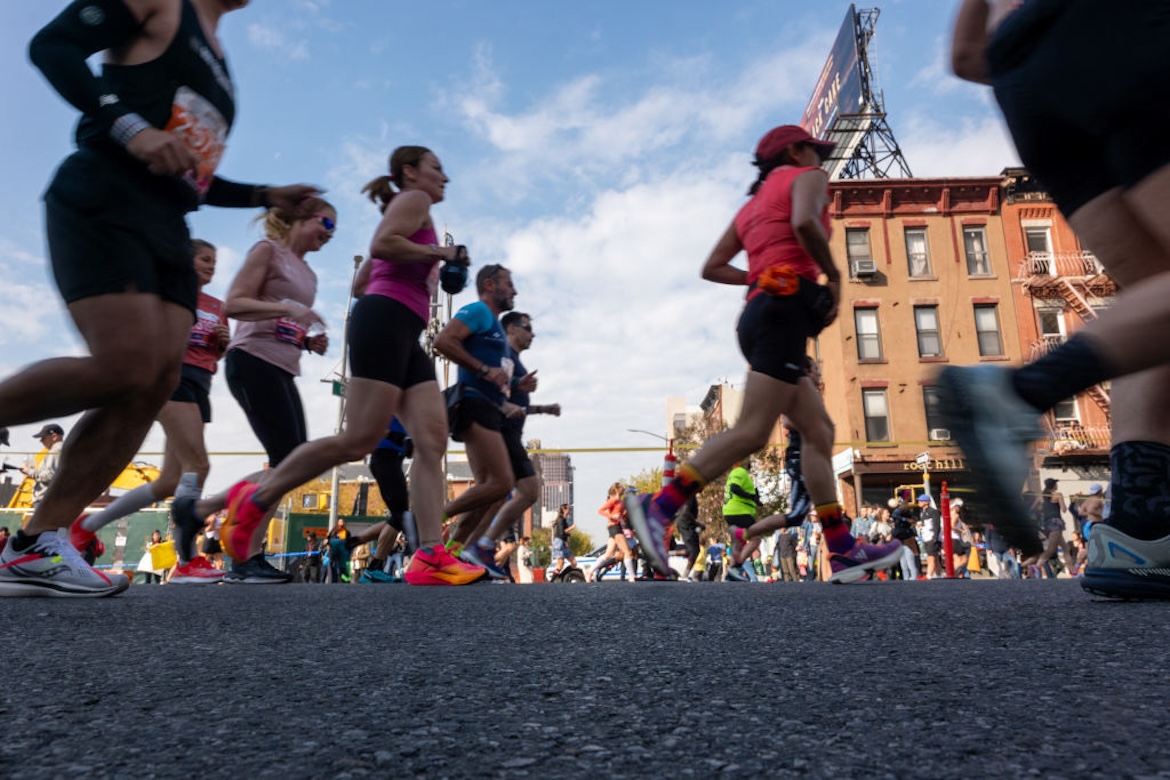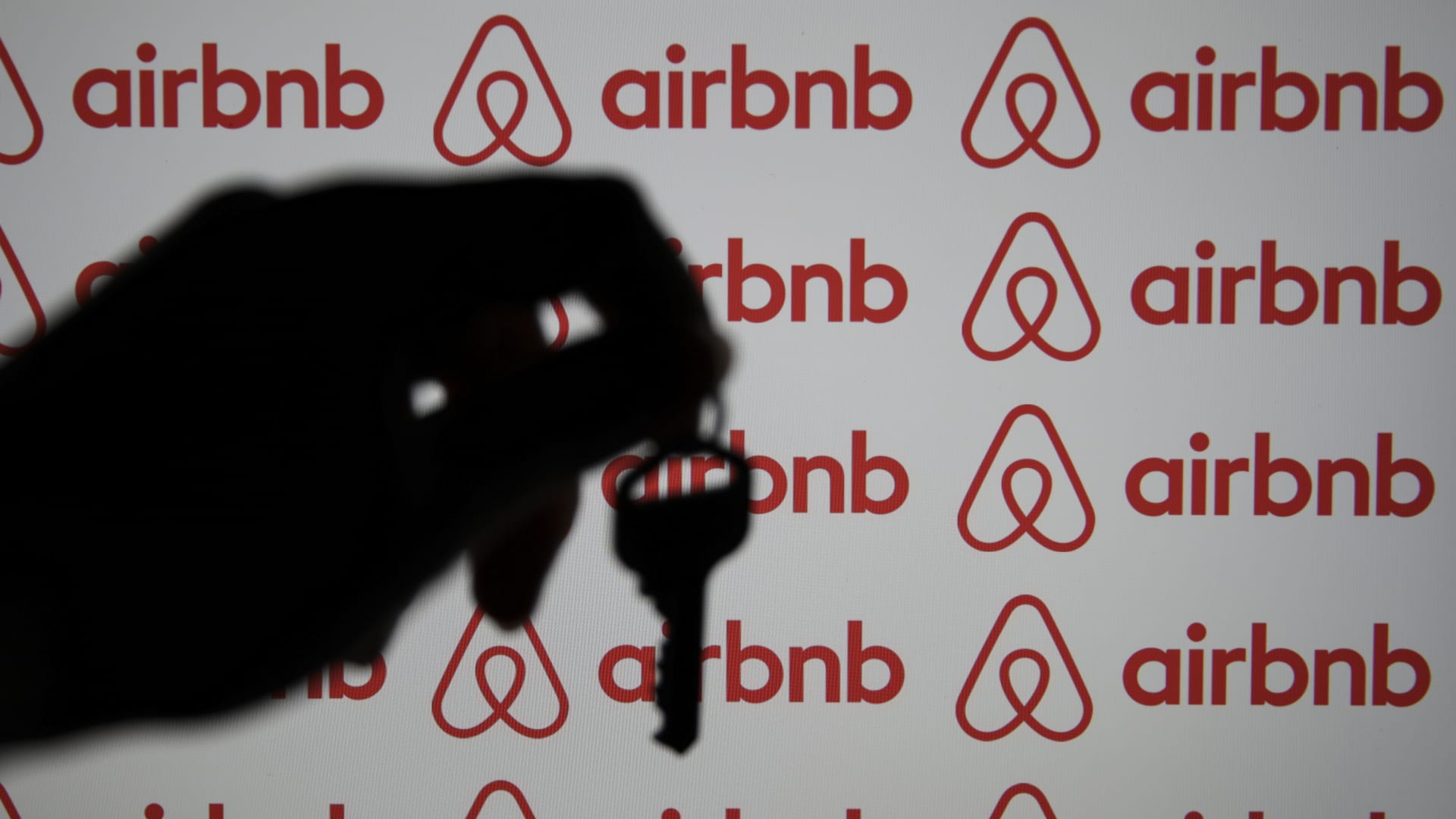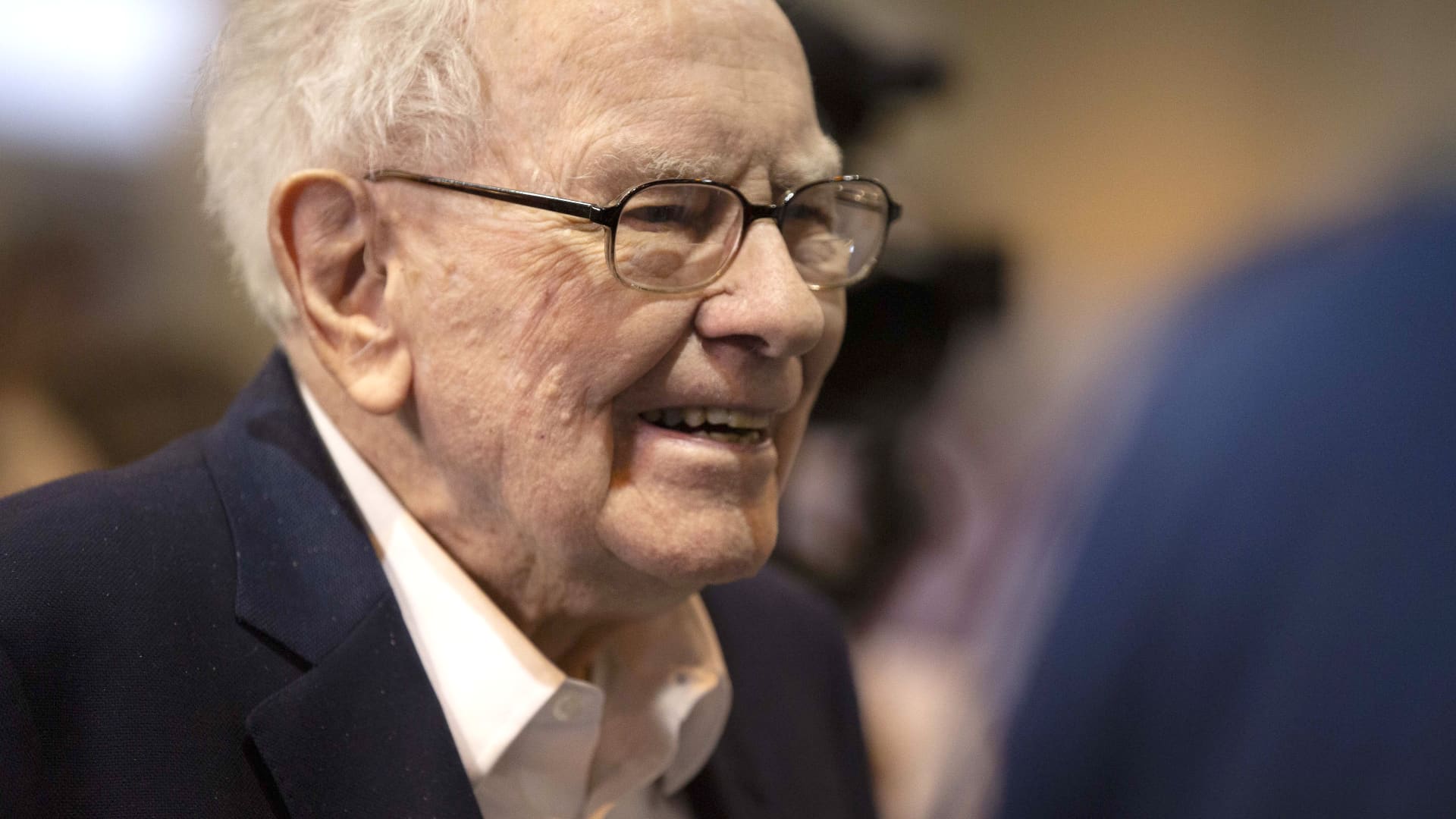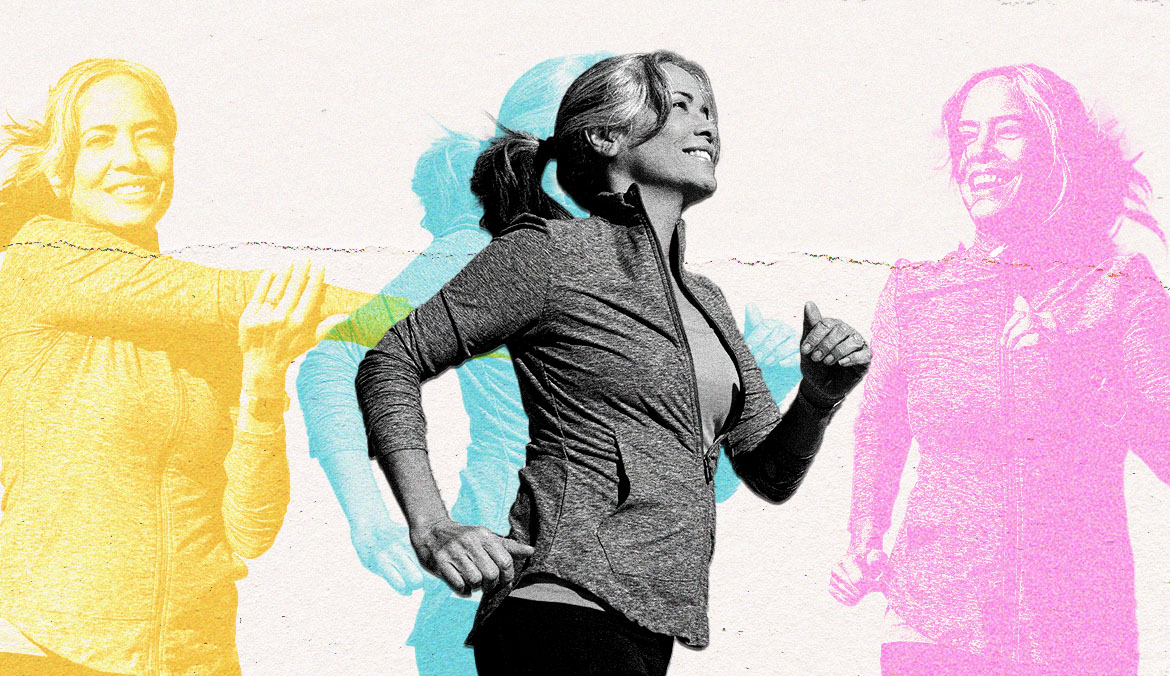No, It’s Never OK To Bandit a Race
We have rules for a reason.

If you really want to upset the running community, try using social media to brag about running a faster-than-average pace without any training—in a race you never registered for or paid to participate in.
Alexa Curtis, a “personal brand entrepreneur,” learned that the hard way this Monday, when she posted a lengthy screed about her “fearless” experience at the NYCRUNS Brooklyn Half Marathon, a sold-out event that drew more than 21,700 official runners. In a since-deleted post on X, she said she “didn’t sign up for this race. I just asked the security where it started and where it ended and jumped in. … The only person I relied on to show up and cross that finish line today was myself.”
Fearless, in this case, seems to mean “the rules don’t apply to me.”
Runners instantly flooded her comment section, calling her out as a “bandit” and a “thief” and dubbing her actions unfair, but Curtis doubled down, saying “life’s not fair.” Later, her publicist said she “decided very last-minute to participate in the Brooklyn Half” and Curtis posted on X saying “I did not realize I would offend so many people. … I had no intention to take anything from anyone or the race … In the future I’ll be sure to look up the rules if I decide to run again.”
What does it mean to bandit a race?
To bandit a race means to run without registering. People do that by starting and finishing without a bib, buying a bib from another runner, producing counterfeit bibs, or running in another person’s place to meet a qualifying standard. (The registration page for the NYCRUNS Brooklyn Half Marathon clearly states “you may not run without a bib.”)
Flouting those rules is problematic for a number of reasons.
Why race banditing is so bad
Running—and racing—is more popular than ever. Average race registrations in 2023 grew by 5.8 percent compared to 2022, internal data from RunSignup indicated (representing an estimated 35 to 40 percent of the U.S. endurance market). And the number of marathoners on the fitness app Strava increased 20 percent in 2023, according to the fitness app’s annual Year in Sport report. At this point, running is too popular for anyone to feign ignorance around basic race rules.
1. It strains resources
Registration fees can be steep. The NYCRUNS Brooklyn Half, for example, ranges between $125 and $140; the NYC Marathon costs $255 to $315. But that money isn’t just for buying finisher medals and tees in bulk or making a profit.
“[Fees] cover event planning, road closures, and public safety,” says Randy Accetta, an RRCA-certified race director and founder of Run Tucson, an organization that produces road and trail races at scenic Arizona destinations.
“At a high level, the largest cost will be safety and security, so that’ll include police, barricade companies, traffic control, and staffing—the overall staff needed to produce the race from an event organizer perspective is huge,” says Phil Dumontet, CEO of Brooksee and founder of Boulderthon, who oversees 10 races, including the Mesa Marathon, Portland Marathon, and Las Vegas Marathon, which altogether draw about 60,000 participants per year. “Insurance, city permits, Porta Potties, timing chips, medical, and on-course hydration are all big-ticket items, too.”
These are all essential elements of a safe racing experience, and “if you use the roadways and don’t register, you’re not paying your fair share of these various costs,” says Accetta.
“If you use the roadways and don’t register, you’re not paying your share of these various costs.”—Randy Accetta
That’s especially pertinent as road racing continues to grow as a sport. The London Marathon recently announced a new world record for race applications: 840,310 people applied to run in 2025, a 45 percent increase over the previous year. The 2024 race had around 53,000 runners; if the race organizers stick with that number, only about six percent of applicants would be accepted. It is getting harder to get into major road races, which creates frustration (especially around events with lottery applications). But that’s not a reason to just jump in.
2. It’s not safe
Field sizes are capped for a reason. “Whether it’s a 5,000-person race or a 50,000-person race, there is ultimately an impact to the city,” says Dumontet. As a result, the size of the roads and the amount of time a location can realistically shut those down will determine the capacity of the race.
Look at a race like the New York City Marathon, which sends its first wave of runners off at around 8 a.m. and its last wave around 12 p.m. “Adding more waves will extend the duration of the race, which isn’t always possible from a city’s perspective, and traffic control, police, security, medical—everyone would just be out there much longer, which will scale the costs upward,” he explains.
Dealing with unaccounted for runners further stresses the capacity of everyone involved in the race. “The biggest thing for me is the safety concerns,” says Dumontet. “As a race organizer, you’re basing your infrastructure needs off the total registered participants, so not having a true sense of how many runners are out there could compromise the safety of everyone involved.”
And most races have runners sign liability waivers in case of accidents or injuries; bandits won’t have that insurance coverage. “So when someone gets hurt and needs medical care and we don’t know who they are, the public safety apparatus becomes stressed and is not as available to respond to those who have registered,” says Accetta.
3. It’s gross
There’s another major factor at play, too: social media. Curtis’ original post and comments reek of entitlement and willful ignorance, which she tried to walk back via a statement from her publicist, who said that “it was not intentional that she did not sign up, rather she thought it would be a nice way to help spread the word via her platform about the importance of moving your body/working out and the mind-body connection as well as share some nice awareness for the Brooklyn Half.”
A social platform isn’t a free pass. “I think it is great that people with a platform can spread the word about the importance of moving and the mind-body connection, but I think it’s selfish to use that as an excuse and irresponsible for an influencer to role model what is essentially stealing a service,” says Accetta. “It would have been so much better if she’d filmed herself picking up her packet: ‘Hey all, I’m here at registration and I just decided to sign up for this race—can’t wait to tell you about it tomorrow…’”
Back in January 2023, another influencer, the chronically shirtless Matt Choi, was outed by Marathon Investigation, a website that inspects suspicious race results, for running under a friend’s bib in a race with rules that clearly forbid bib transfers. In a TikTok apology, he said he forgot to sign up for the Houston Marathon, and got the bib from a friend who was registered but got injured.
“My intent was not to … cheat the system—I honestly just wanted to run,” Choi said. “Running has completely changed my life and it’s a community I’m thankful to be a part of.”
The running community is wonderful—and it deserves respect from those who join it. Like all sports, running is best when mutual respect is involved. No one is entitled to any race experience, no matter how fast they are, how many followers they have, or what their motivations are.
If Curtis was truly running for her mental health, she could have run 13.1 miles in literally any other direction than that of an official race course for which she did not register. If Choi honestly just wanted to run, he should have done his research (like the other 27,000 racers) and registered in time. Banditing shows a total lack of respect for the sport, and the runners who participate in it.
“It’s a dangerous kind of mentality to not consider the bigger picture of everyone involved.”—Phil Dumontet
“The way I think about it is, what if everyone did this?” says Dumontet. “If everyone thought, ‘It’s just me jumping into this race,’ but then you have 1,000 runners with that same mentality, it’s very clear that the impact on all the resources of the race would be significant. And it’s a dangerous kind of mentality to not consider the bigger picture of everyone involved.”
It’d be nice if races could just ban bandits, which is generally what social media calls for in these situations. But that’s easier said than done.
“At a local level, we’d have a hard time managing the task of banning bandits from a future event, we don’t have the staffing to monitor all race entries or to pull someone from a race in the midst of an event,” says Accetta. Dumontet agrees: “We don’t have a policy against bandits in terms of how that plays out in practice—it’s just so hard, in that there’s no black list or way to prevent them from registering for future races.”
And so, for better or worse, social media has taken on the role of policing those who break the race rules. “I think the community needs to help manage this by making it clear that banditing is not normal and it’s not cool,” says Accetta.
Running may be an individual sport, but the community aspect is part of what’s driving its surge in popularity—and those who disrespect it will find that that type of attitude will limit their success in the long run.
What's Your Reaction?









![Your Guide to the Best AI SEO Tools in 2024 [Free and Paid]](https://blog.hubspot.com/hubfs/image19.webp#keepProtocol)









































































